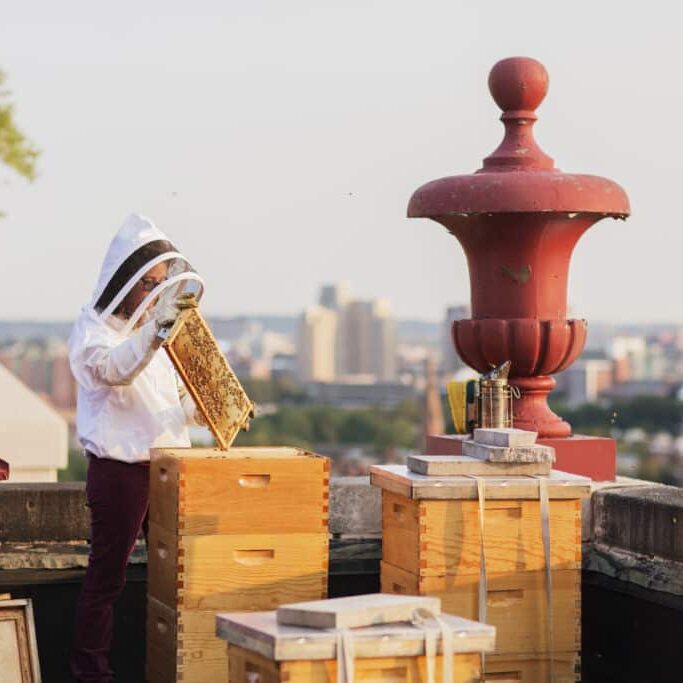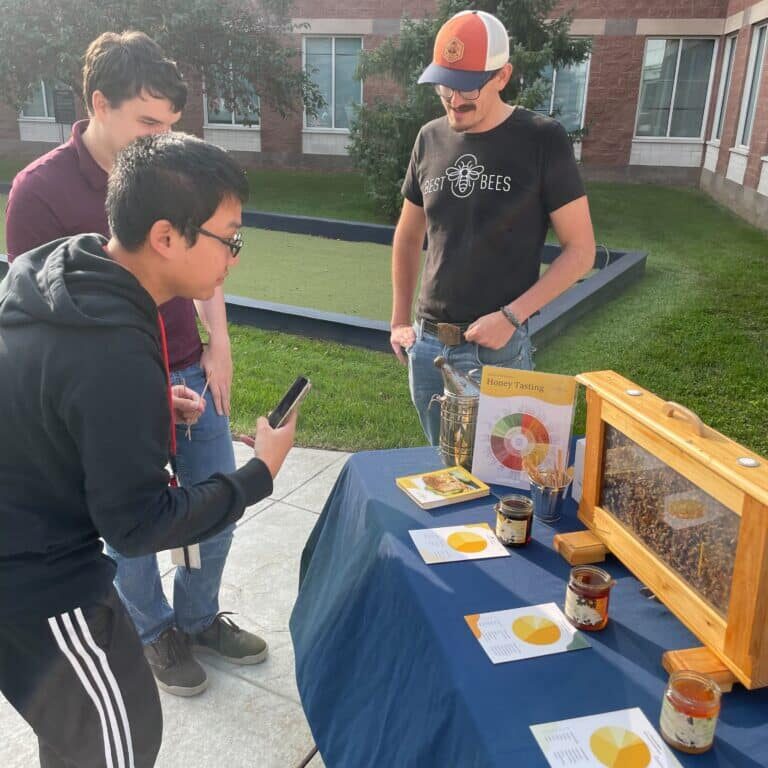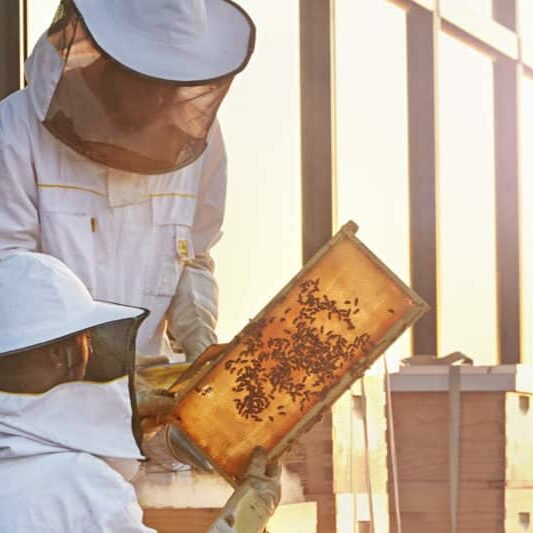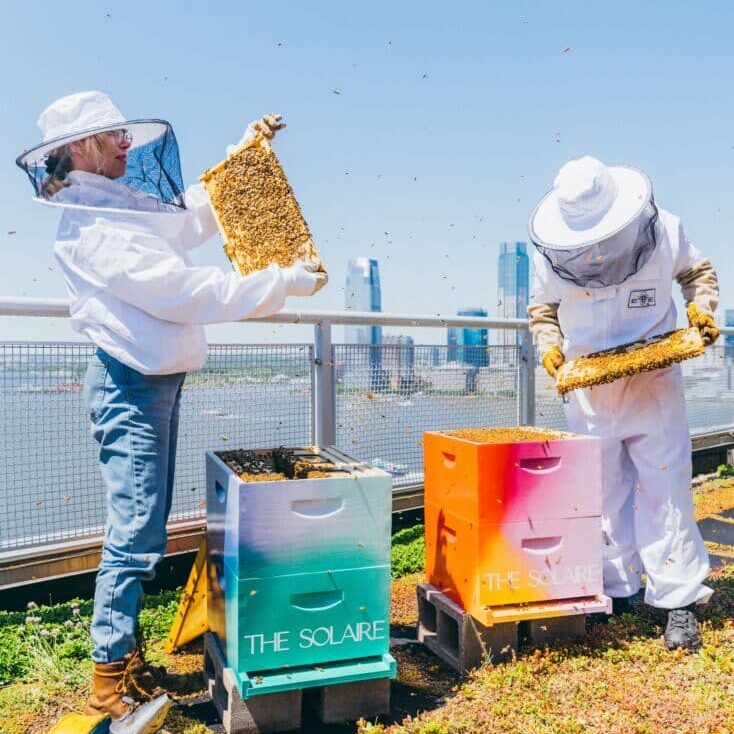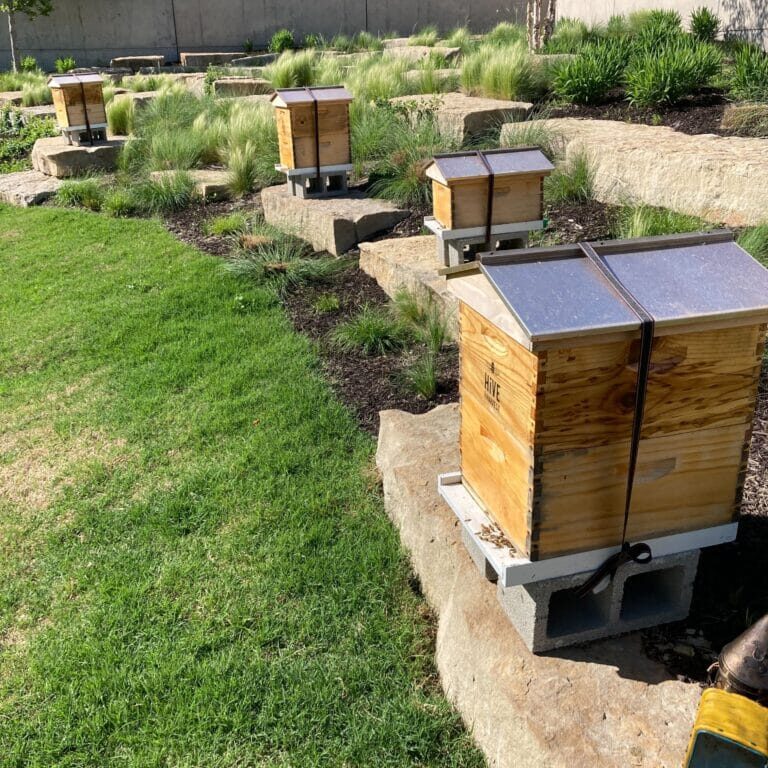

Corporate Beekeeping Services & Pollinator Programs
Generate positive impact and connection with Best Bees through data-yielding beehives, bee health and biodiversity reporting, unique engagement opportunities, and more.

Trusted Vendor
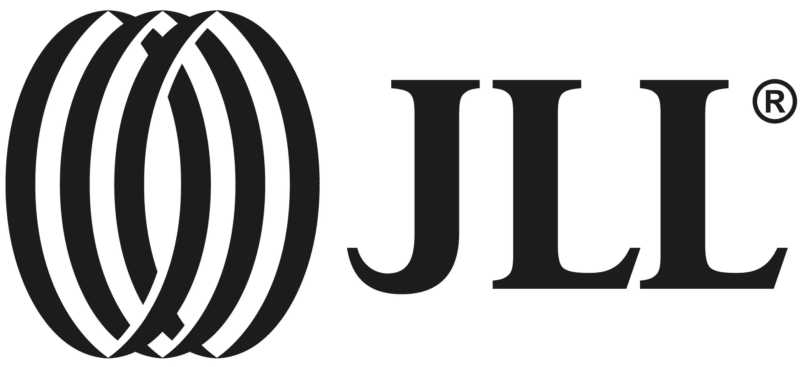
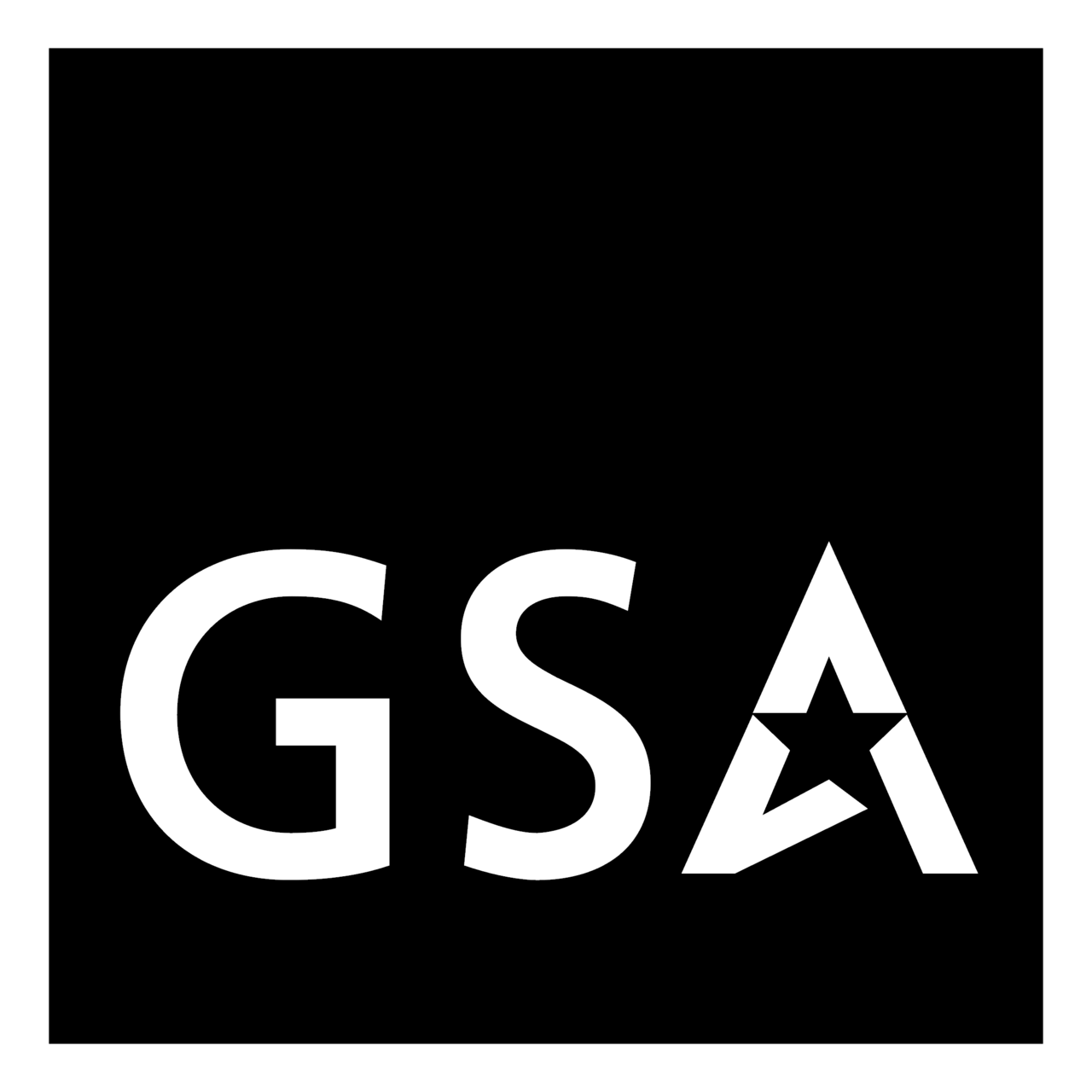


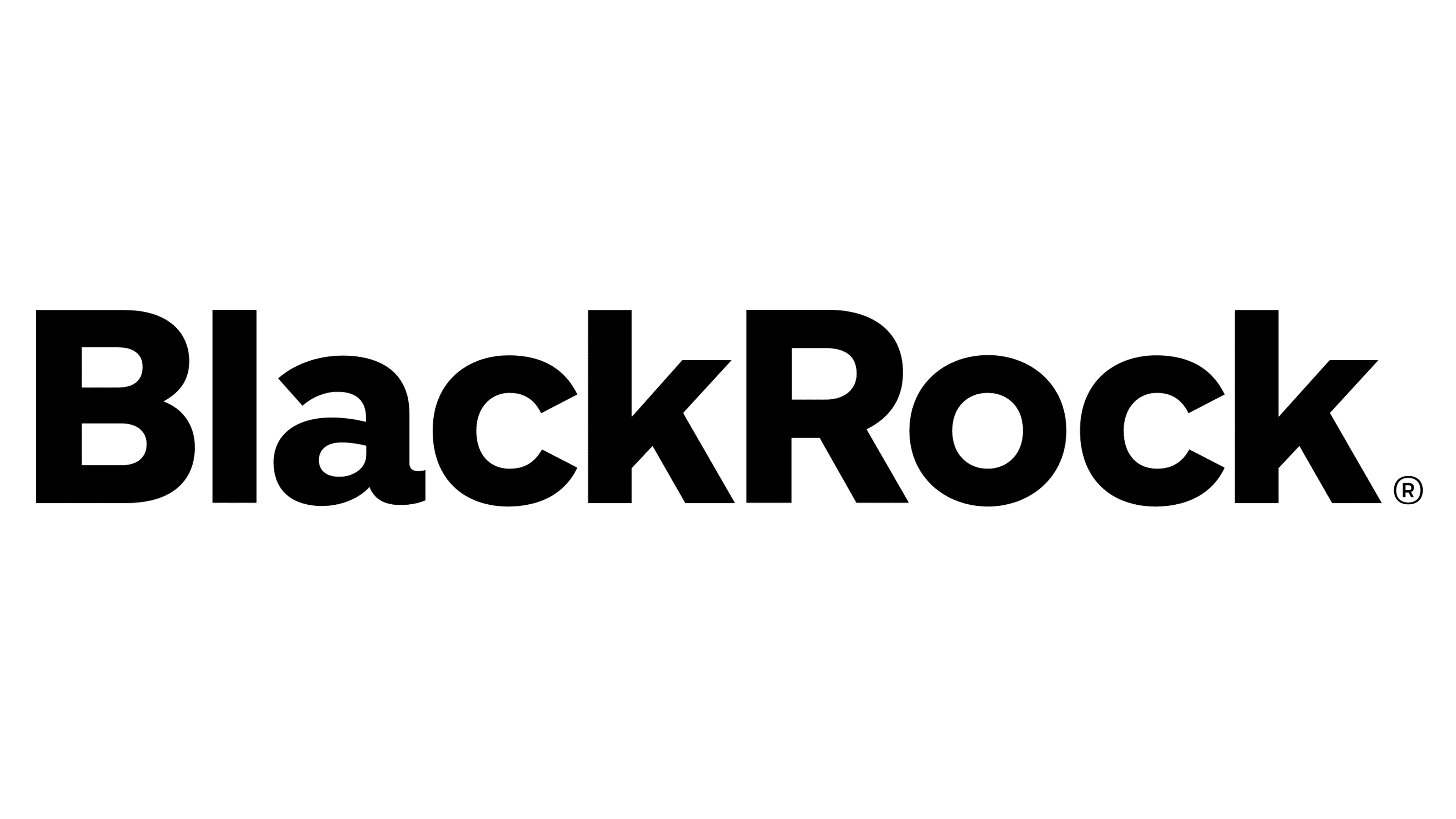
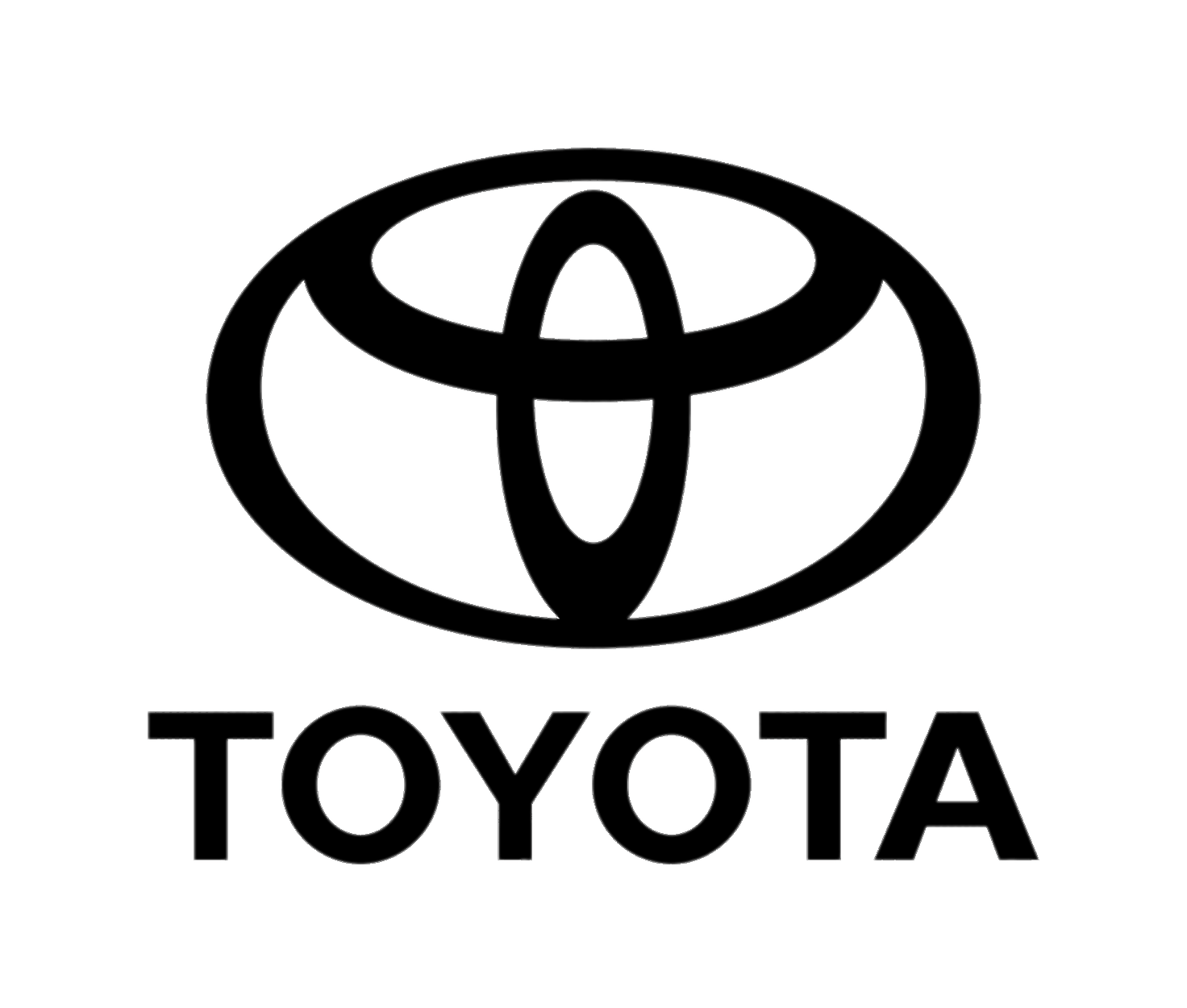

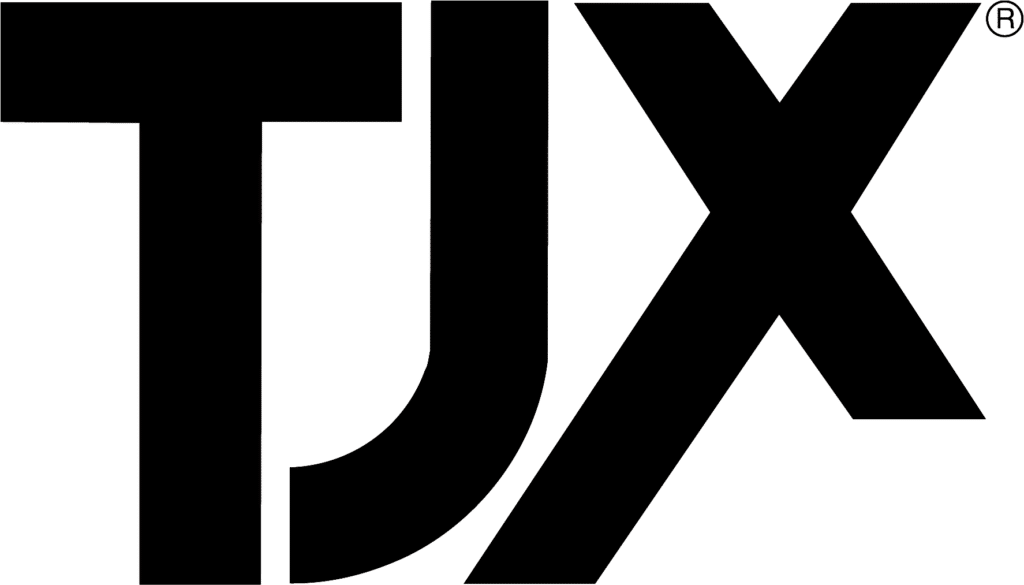

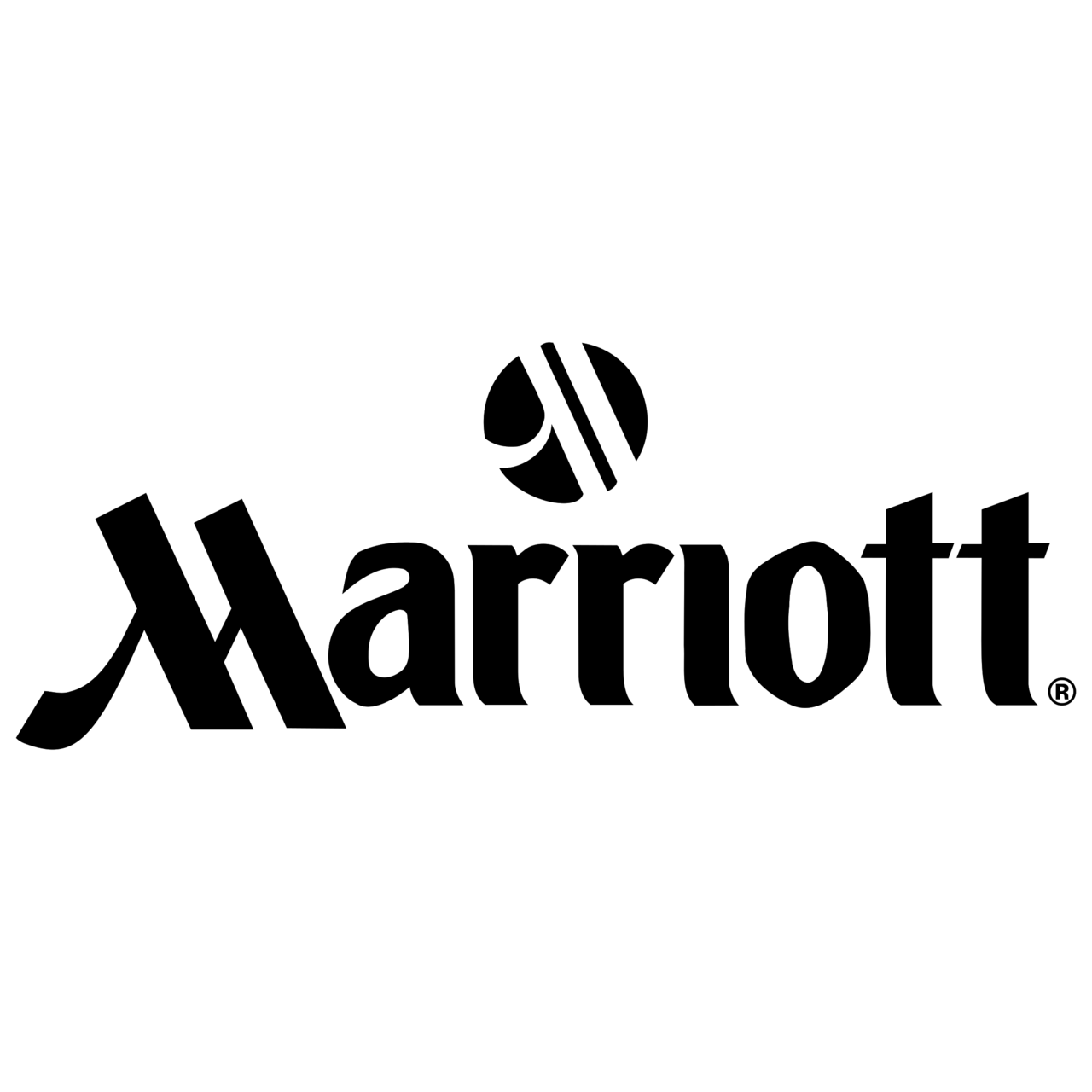
Industries We Serve
Benefits of Hosting Beehives on Your Property
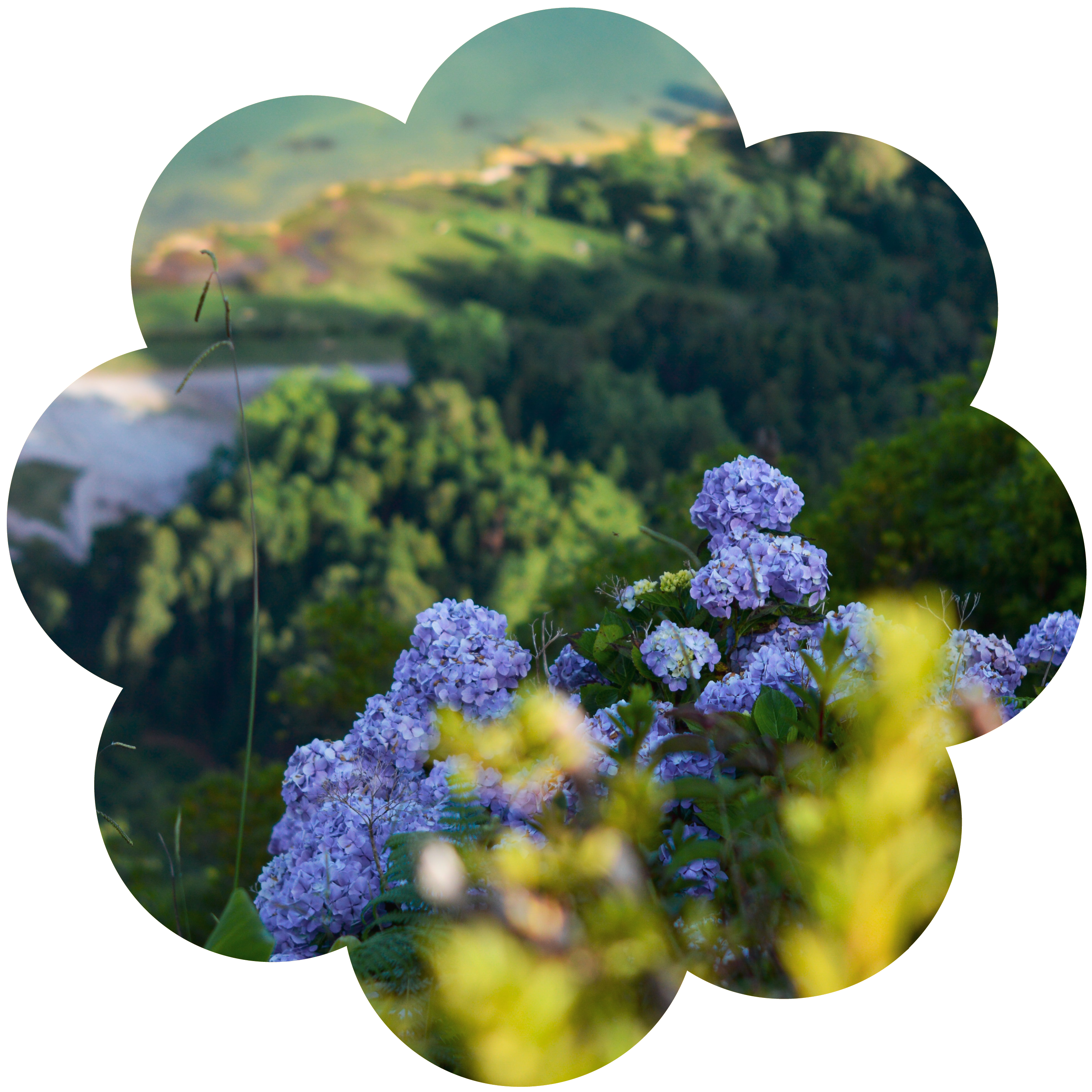
Why is Biodiversity Important?
Biodiversity creates a virtuous circle, wherein the more species that exist in an ecosystem, the healthier the environment.
Pollinator diversity is critical to maintaining biodiversity. A wide variety of pollinators means that more species of plants can be pollinated; greater plant diversity supports all forms of life, including animals, fungi and bacteria.
How Best Bees Supports Biodiversity
Honey bees are an indicator species, reflecting the condition of their environment and responding to the same threats as native pollinators.
The Best Bees Company collects data from every beehive to fuel research into protecting pollinators – the key to maintaining biodiversity levels that our food systems and planet require.
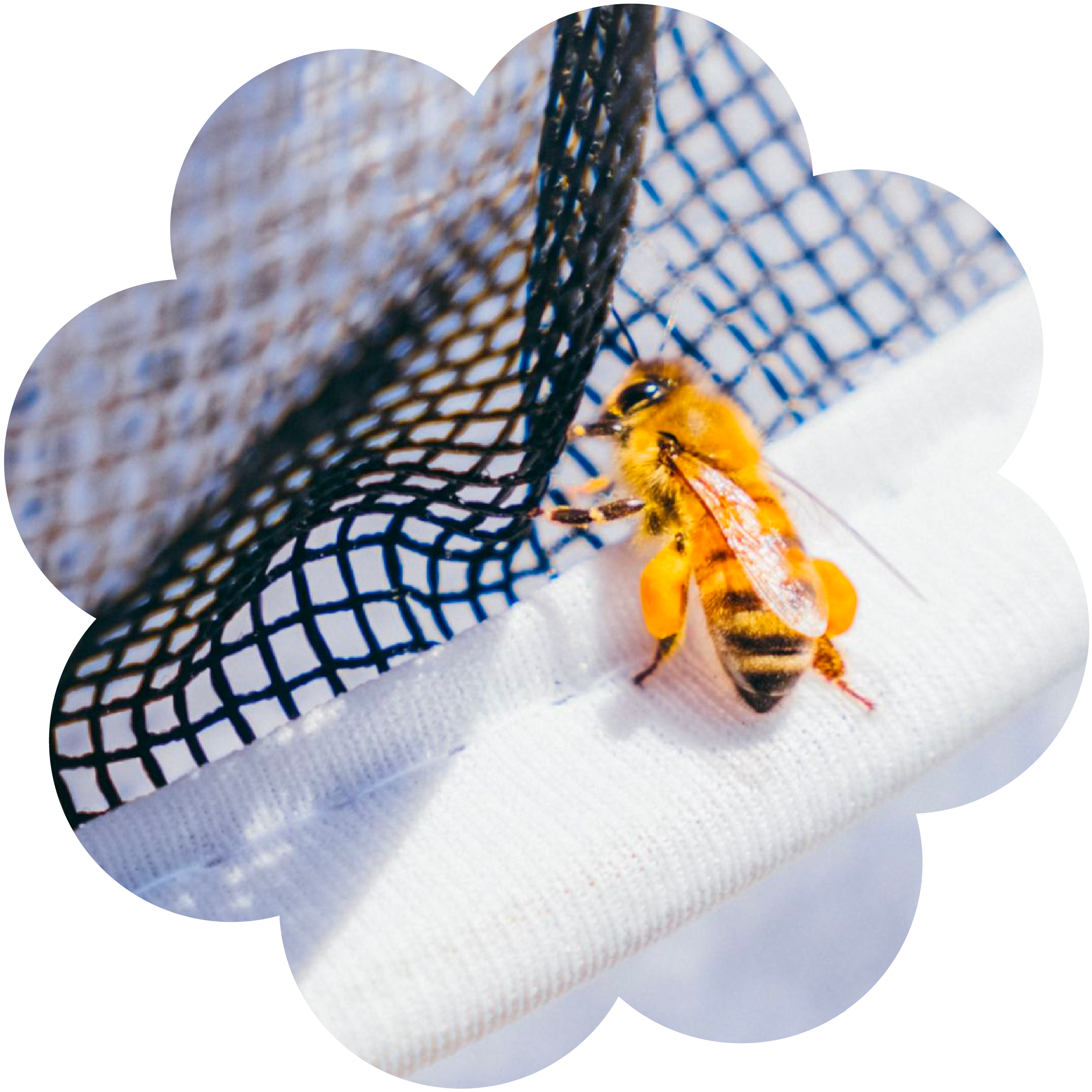
Adding to Your Pollinator Program
Engage your community and measure your impact by adding products, programming, and reporting to your beekeeping services.
Products
Honey and custom honey labels
Apothecary Products
Educational materials and signage
Custom beekeeping equipment
Social media assets
Gifts and event favors
Programming
Keynote from Best Bees CEO Noah Wilson-Rich, Ph.D
Honey tasting events
Pre-recorded Hive Tours
In-person Live Hive Tours
Reporting
HoneyDNA
End of Year Bee Health Reports
End of Year Honey Report
Sustainability Impact Consultations
Our Regions
We service properties within a ~90 minute radius from these city centers:
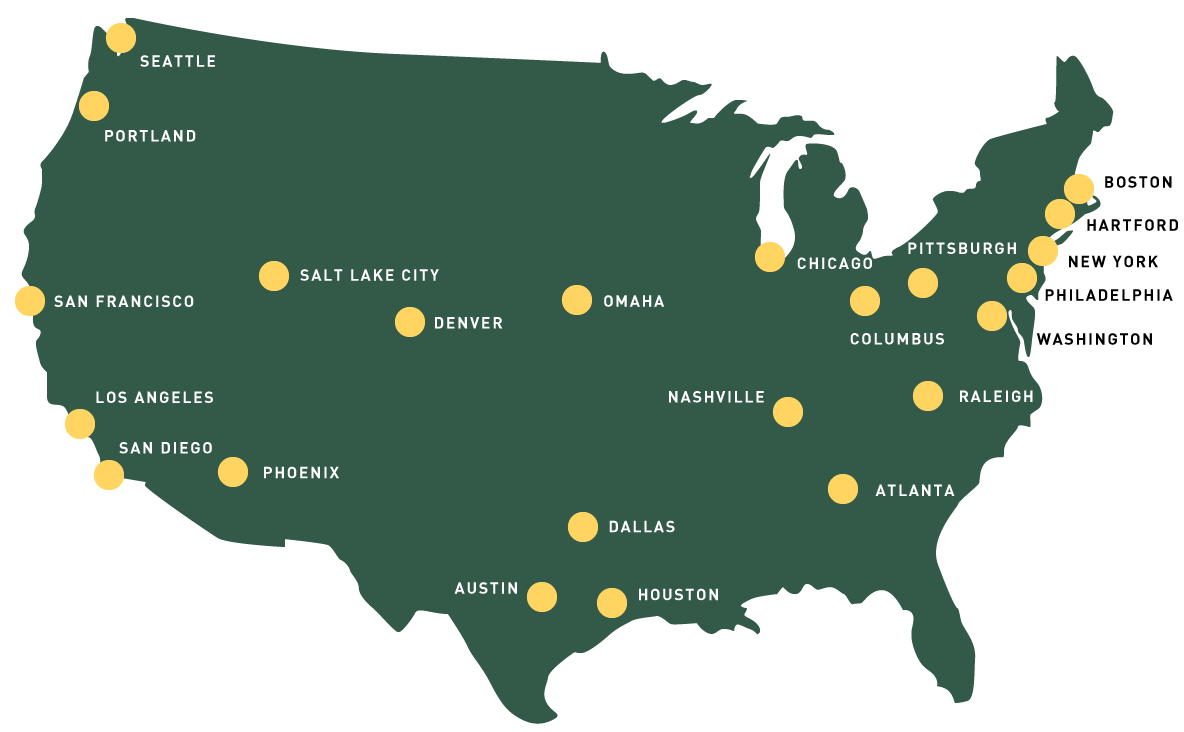
Looking for another city? Help us put more bees on the map.
How It Works
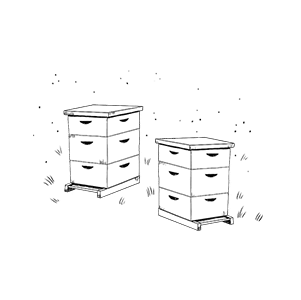
Installation
We help you choose an ideal location to establish one or more beehives at your home or workplace.
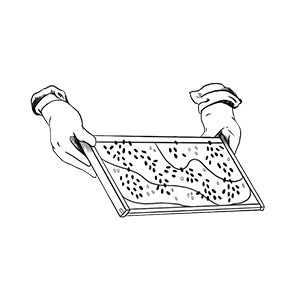
Maintenance
Our impassioned and experienced beekeepers service your beehives once a month, providing high-quality care and detailed reports.

Harvesting
You keep 100% of the raw honey produced. We’ll handle the rest— small batch extraction and bottling with personalized labels.

Research
At every visit, we collect data and share it with our research partners to advance the science of beekeeping and improve the health of pollinators worldwide.
Safe
Our honeybees, Apis mellifera ligustica, are the most docile species of honeybees, making our hives extremely safe and the instance of stings very unlikely.
Insured
We have a full insurance policy and can provide a Certificate of Insurance (COI) easily.
Experienced
Our beekeepers are trained to work safely in densely populated urban areas. This includes on balconies, rooftops, and skyscrapers.
Where Can Beehives Thrive on my Property?
We can work with your facility management team to install your hives in locations that are safely out of high traffic areas, in environments that are right for both you and your bees.
Beehives can be installed almost anywhere, including:
- rooftops
- courtyards
- garden-level spaces
- throughout facility grounds
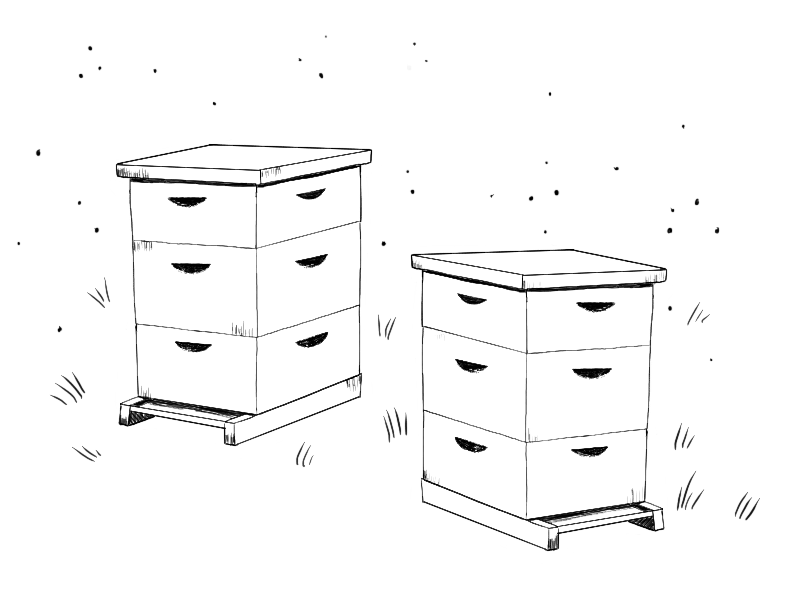
Why Make Best Bees Your Partner in Sustainability
Frequently Asked Questions
We provide you with a report on each hive, after every beekeeping visit. These reports include statistics on hive size and health, quantity of honey stores, and the presence of pests and pathogens. If you take advantage of our DNA analysis service, we will provide you with a detailed analysis of the different plant species your bees are pollinating, and the amount each contributes to your honey. The reports, and aggregate learnings across all of our hives, are testament to your commitment to promoting biodiversity and improving the health of the environment.
We stock our hives with Apis mellifera ligustica, a species of honeybee bred for docility, place them in low-traffic areas and service them with highly trained, locally certified professional beekeepers. Our beehives and beekeepers are fully insured for personal liability and damage. We can provide you with a certificate of insurance (COI) if needed.
It’s not essential that forage be immediately available to your bees, as they can travel as much as four miles to find food and water. That said, local sources of nourishment require less energy consumption for bees and make for healthier hives. Most of our clients add pollinator gardens, and rethink their landscaping, once their bees are established and have become an integral part of their corporate family. Pollinator gardens and pollinator friendly landscaping help to beautify your property, provide oases of calming nature for employees and tenants, and can improve your building’s LEED certification rating.
We have over 500+ corporate clients, representing such industry leaders as Beacon Capital Partners, Four Seasons Hotels, Harvard Business School, JPMorgan Chase, L’Oreal, MIT/Media Lab, and Whole Foods.
There are many creative ways we can work together to engage your stakeholders in beekeeping, and through beekeeping, in your company’s ESG initiatives. These include programs such as educational workshops, virtual hive tours, meet-your-beekeeper sessions, keynote speakers, branded hives, signs & honey, as well as events that feature pollinators and honey-based foods and beverages.
Beehives take up very little space—about 8 square feet, and require a footprint of no more than 16” x 22” x 40”
Hives can be installed in any low-traffic area, including rooftops, courtyards, gardens areas, and landscaped grounds. For healthier colonies, we usually place hives where they will get some morning sun, and be protected from high winds. All hive placements will comply with state and municipal requirements. For more information, read our hive placement informational guide.


